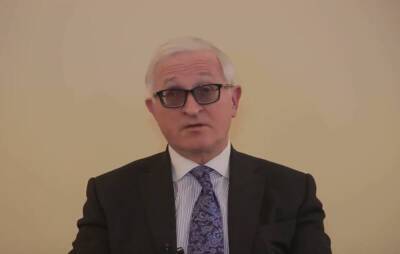Sunak attempts to ease cost of living squeeze as interest rates climb
At 11am the regulator Ofgem put up the cost of the average energy bill by £700 a year. At noon the Bank of England raised interest rates for the second time running and warned of rapidly rising inflation. Sandwiched in between these two cost of living bombshells, Rishi Sunak popped up in the Commons with the government’s attempt at damage limitation.
The chancellor said his £9bn package would take the sting out a rise in energy bills made inevitable by the rising global price of gas. Even so, the Treasury measures will cover only half the expected increases looming in April. All households will be worse off, with charities warning more children in Britain’s poorer households will go hungry as a result.
Sunak announced that every household in England, Scotland and Wales would receive a £200 discount off their bills in October. This, though, is intended to be a temporary respite because the money will be clawed back at the rate of £40 a year from 2023 onwards.
That assumes wholesale energy prices come down in the intervening period, which – as Sunak acknowledges – is by no means guaranteed. As things stand, the price cap is on course to rise by a further £200-£300 in October.
The other main measure was the £150 rebate from council tax bills in homes in bands A to D in England, with the Treasury making money available for the devolved administrations to cut bills by similar amounts. Sunak says 80% of households in England will benefit, although because council tax bands have remained unchanged for more than 30 years, plenty of relatively well-off people in London and the south-east will benefit because they live in homes in the A to D bands.
There were alternatives. The government could have raised universal credit or increased
Read more on theguardian.com




















